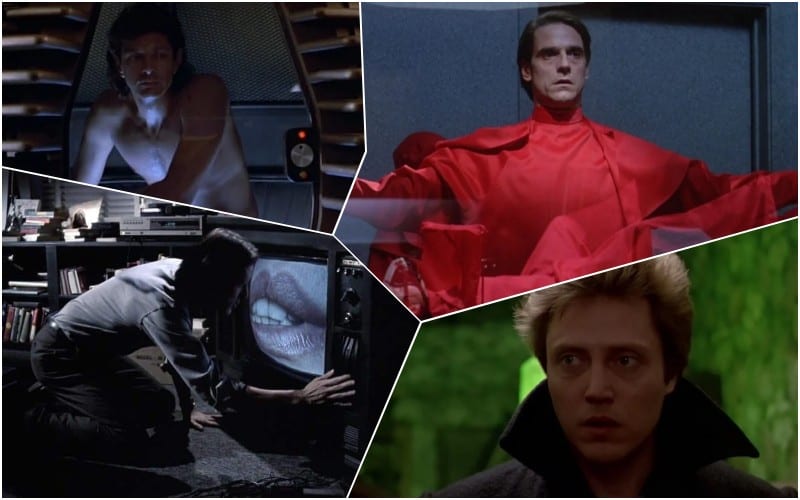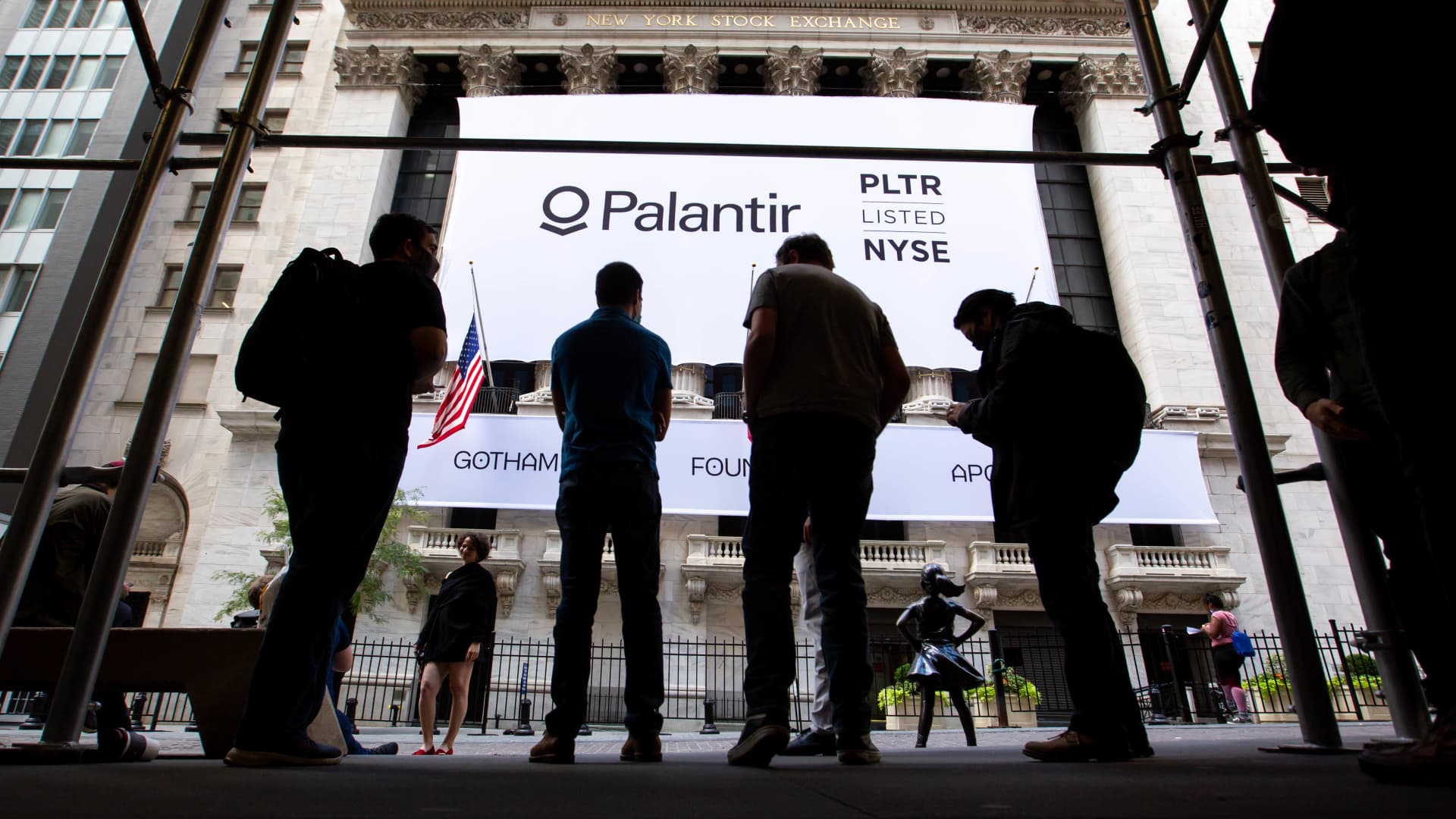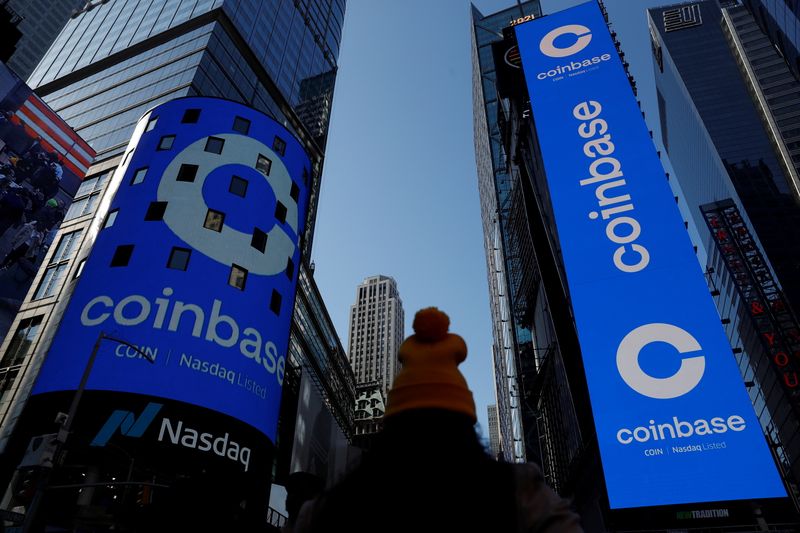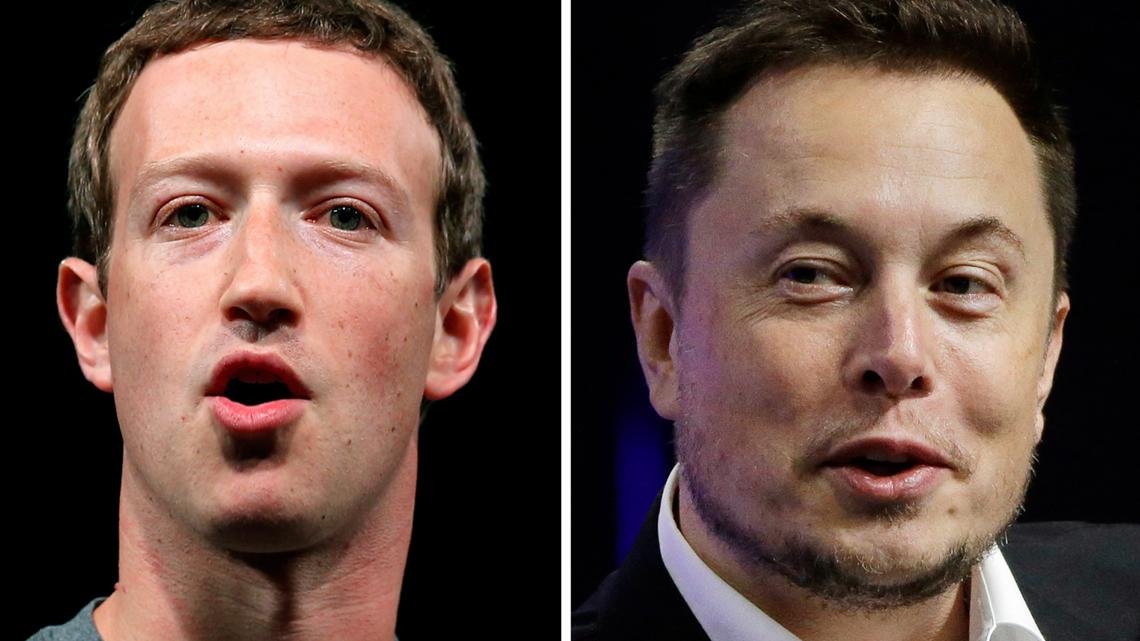Kevin McCarthy, the Republican House speaker, said there would be no progress in debt ceiling talks until US president Joe Biden returns from the G7 summit in Japan late on Sunday, as tensions flared in the fiscal stand-off threatening the world’s largest economy.
Speaking to reporters in the US Capitol on Saturday afternoon, McCarthy accused the White House of moving “backwards” in the negotiations over a budget pact, dashing hopes of a breakthrough that could soothe markets before they open on Monday.
“I don’t think we’re going to be able to move forward until the president can get back in the country,” McCarthy said.
Biden is not expected to be back at the White House until 11pm on Sunday local time.
The lack of any movement in the talks will be of concern because the limit on government borrowing needs to be raised by June 1 or Washington faces an unprecedented default on US debt. Such an eventuality could plunge global markets into turmoil and the US economy into recession.
Any deal on the debt ceiling would take several days to pass both houses of Congress and be signed by the president. Even getting close to the deadline could spook investors and trigger economic disruptions.
McCarthy’s downbeat tone was matched by pessimism from the White House, who blamed the state of the negotiations on Republican hardliners currying favour from Donald Trump’s Make America Great Again movement.
“It is only a Republican leadership beholden to its Maga wing — not the President or Democratic leadership — who are threatening to put our nation into default for the first time in our history unless extreme partisan demands are met,” White House press secretary Karine Jean-Pierre said in a statement on Saturday.
Given the negative economic repercussions of a default, as well as the unpredictable political impact, Biden and congressional Republicans are still expected to ultimately reach an agreement. The setback in the talks, which has been accompanied by pressure not to concede from factions within both the Democratic and Republican parties, could be a necessary precursor to an eventual deal, rather than a sign that the talks are veering off course dangerously.
To approve a debt ceiling increase, Republicans have been pushing for deep spending cuts over 10 years, while Democrats would accept much more limited budgetary cuts over a shorter period of time. They have also clashed over imposing new work requirements for social spending programmes. Both sides had expressed more optimism about the talks last week until Friday, when the negotiations broke up for several hours before resuming again.
In Japan early on Saturday, Biden said he still thought default could be avoided and “something decent” could get done — but he also said the talks were moving through “stages”.
“The first meetings weren’t all that progressive. The second ones were. The third one was,” Biden said.
“And then what happens is . . . the carriers go back to the principals and say: ‘This is what we’re thinking about’. And then, people put down new claims,” the US president said.
















